Intro
Discover Egg Allergy Symptoms and effective Treatment options, including diagnosis, management, and prevention of adverse reactions, intolerance, and anaphylaxis, to alleviate hives, itching, and digestive issues.
Egg allergy is one of the most common food allergies, particularly among children. It occurs when the body's immune system mistakenly identifies proteins in egg as harmful, triggering an allergic reaction. The symptoms of an egg allergy can range from mild to severe and can affect different parts of the body. Understanding the symptoms and treatment options for egg allergy is crucial for managing the condition effectively.
Egg allergy is often confused with egg intolerance, but they are two distinct conditions. An egg intolerance is an adverse reaction to eggs that does not involve the immune system, whereas an egg allergy is an overreaction of the immune system to one of the proteins in egg. The most common proteins responsible for egg allergy are ovomucoid, ovotransferrin, and ovomacroglobulin. These proteins can cause a range of symptoms, from mild hives to life-threatening anaphylaxis.
The prevalence of egg allergy has been increasing over the years, and it is estimated that approximately 0.5-1% of children have an egg allergy. While most children outgrow their egg allergy by the age of 5, some may continue to experience symptoms into adulthood. The good news is that with proper diagnosis, treatment, and management, individuals with egg allergy can lead normal and healthy lives.
Egg Allergy Symptoms
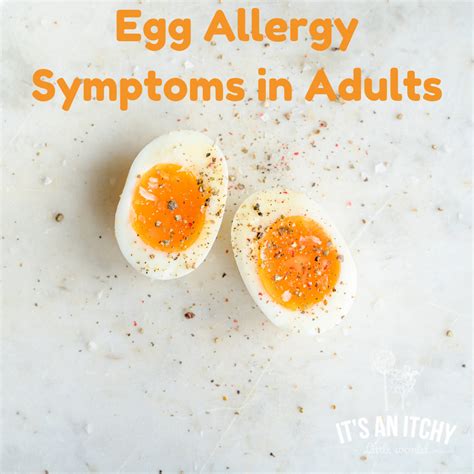
The symptoms of an egg allergy can vary from person to person and can range from mild to severe. Common symptoms include hives, itching, and skin rashes, which can appear within minutes to hours after consuming eggs or egg products. Some people may also experience gastrointestinal symptoms such as nausea, vomiting, diarrhea, and abdominal pain. In severe cases, an egg allergy can cause anaphylaxis, a life-threatening condition that requires immediate medical attention.
Other symptoms of an egg allergy may include respiratory problems, such as coughing, wheezing, and shortness of breath, as well as cardiovascular symptoms, such as a rapid heartbeat and a drop in blood pressure. In some cases, an egg allergy can also cause neurological symptoms, such as headaches, fatigue, and irritability.
Types of Egg Allergy Reactions
There are two main types of egg allergy reactions: immediate and delayed. Immediate reactions occur within minutes to hours after consuming eggs or egg products and are often characterized by symptoms such as hives, itching, and swelling. Delayed reactions, on the other hand, can occur several hours to days after exposure and may be more difficult to diagnose.Egg Allergy Diagnosis

Diagnosing an egg allergy typically involves a combination of medical history, physical examination, and diagnostic tests. A healthcare provider will start by asking questions about the individual's symptoms, medical history, and dietary habits. They may also perform a physical examination to look for signs of an allergic reaction, such as hives or swelling.
The most common diagnostic tests used to diagnose an egg allergy are skin prick tests and blood tests. A skin prick test involves placing a small amount of egg protein on the skin and observing the reaction. If the skin becomes red, swollen, or itchy, it may indicate an allergy. Blood tests, on the other hand, measure the levels of allergy-related antibodies in the blood.
Elimination Diet
An elimination diet may also be used to diagnose an egg allergy. This involves removing eggs and egg products from the diet for a period of time and monitoring for symptoms. If symptoms improve or disappear, it may indicate an egg allergy.Egg Allergy Treatment
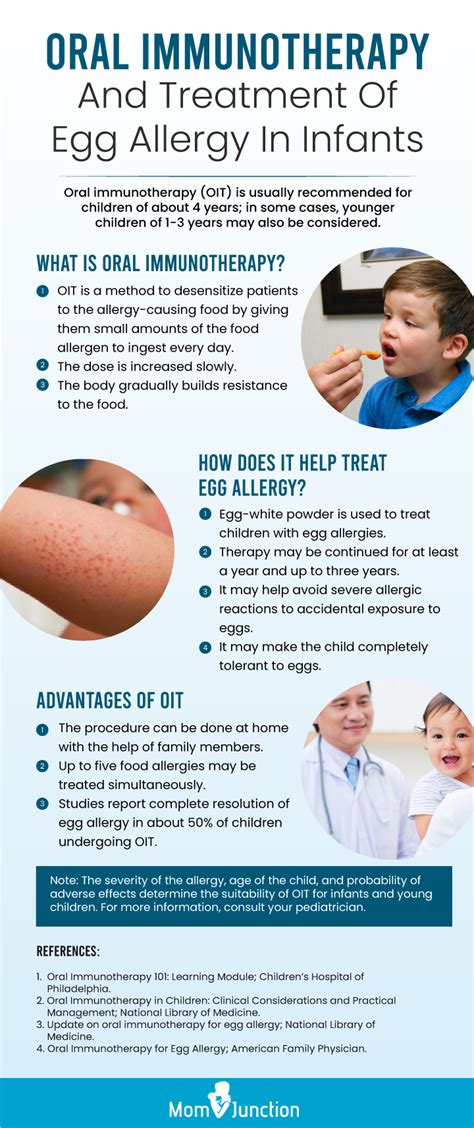
The primary treatment for an egg allergy is avoidance of eggs and egg products. This can be challenging, as eggs are a common ingredient in many foods, including baked goods, pasta, and sauces. Reading food labels carefully and asking questions about food ingredients can help individuals with egg allergy avoid accidental exposure.
For mild to moderate symptoms, treatment may involve antihistamines, such as diphenhydramine, to relieve symptoms such as hives and itching. In severe cases, epinephrine may be prescribed to treat anaphylaxis.
Immunotherapy
Immunotherapy, also known as allergy shots, may be recommended for some individuals with egg allergy. This involves regular injections of small amounts of egg protein to build up tolerance and reduce symptoms.Egg Allergy Prevention
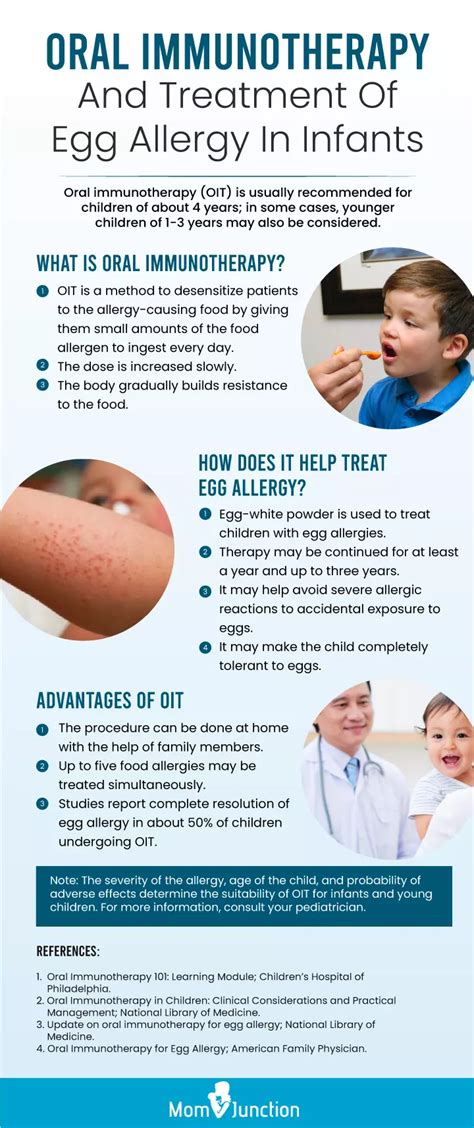
Preventing an egg allergy is not always possible, but there are steps that can be taken to reduce the risk. Breastfeeding, for example, has been shown to reduce the risk of developing an egg allergy. Introducing eggs into the diet at an early age, around 6 months, may also help to reduce the risk of developing an allergy.
Avoiding Cross-Contamination
Avoiding cross-contamination with eggs and egg products is also crucial for preventing accidental exposure. This can be achieved by using separate utensils, cutting boards, and cooking surfaces for egg-containing foods.Egg Allergy and Nutrition

A common concern for individuals with egg allergy is ensuring adequate nutrition. Eggs are a rich source of protein, vitamins, and minerals, and removing them from the diet can lead to nutritional deficiencies. Fortunately, there are many alternative sources of protein and nutrients that can be included in the diet.
Egg Substitutes
Egg substitutes, such as flaxseed and chia seeds, can be used in baking and cooking to replace eggs. These substitutes can provide similar binding and leavening properties to eggs, making them a useful alternative.Egg Allergy and Lifestyle
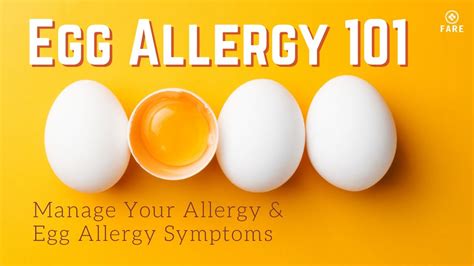
Living with an egg allergy requires some lifestyle adjustments, but it is possible to lead a normal and healthy life. Individuals with egg allergy need to be mindful of their diet and environment, avoiding accidental exposure to eggs and egg products.
Traveling with an Egg Allergy
Traveling with an egg allergy can be challenging, but there are steps that can be taken to minimize the risk of accidental exposure. Researching restaurants and food options beforehand, packing safe snacks, and carrying an EpiPen or other emergency medication can help to ensure a safe and enjoyable trip.Egg Allergy and Emotional Wellbeing
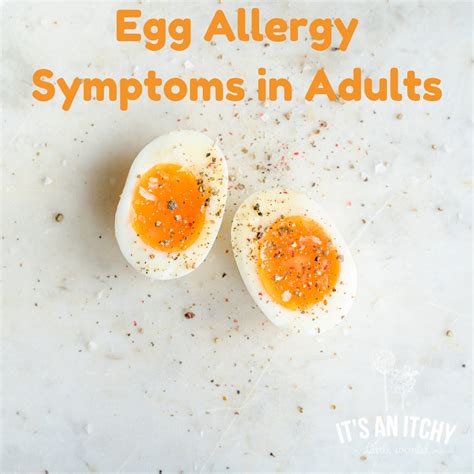
Living with an egg allergy can be stressful and emotionally challenging, particularly for children and adolescents. The constant need to be vigilant and avoid accidental exposure can lead to feelings of anxiety and isolation.
Counseling and Support
Counseling and support from healthcare providers, family, and friends can help to alleviate these feelings and improve emotional wellbeing. Joining a support group or online community can also provide a sense of connection and understanding.What are the symptoms of an egg allergy?
+The symptoms of an egg allergy can range from mild to severe and include hives, itching, skin rashes, gastrointestinal symptoms, respiratory problems, and anaphylaxis.
How is an egg allergy diagnosed?
+An egg allergy is typically diagnosed through a combination of medical history, physical examination, and diagnostic tests, such as skin prick tests and blood tests.
What is the treatment for an egg allergy?
+The primary treatment for an egg allergy is avoidance of eggs and egg products. Antihistamines and epinephrine may be prescribed to relieve symptoms and treat anaphylaxis.
Can an egg allergy be prevented?
+While an egg allergy cannot be completely prevented, breastfeeding and introducing eggs into the diet at an early age may help to reduce the risk of developing an allergy.
How can I manage an egg allergy in my daily life?
+Managing an egg allergy requires being mindful of your diet and environment, avoiding accidental exposure to eggs and egg products, and carrying emergency medication, such as an EpiPen.
We hope this article has provided you with a comprehensive understanding of egg allergy symptoms and treatment options. If you have any further questions or concerns, please do not hesitate to reach out to a healthcare professional. Additionally, we invite you to share your experiences and tips for managing an egg allergy in the comments section below. By working together and sharing our knowledge, we can help to create a safer and more supportive environment for individuals with egg allergy.
